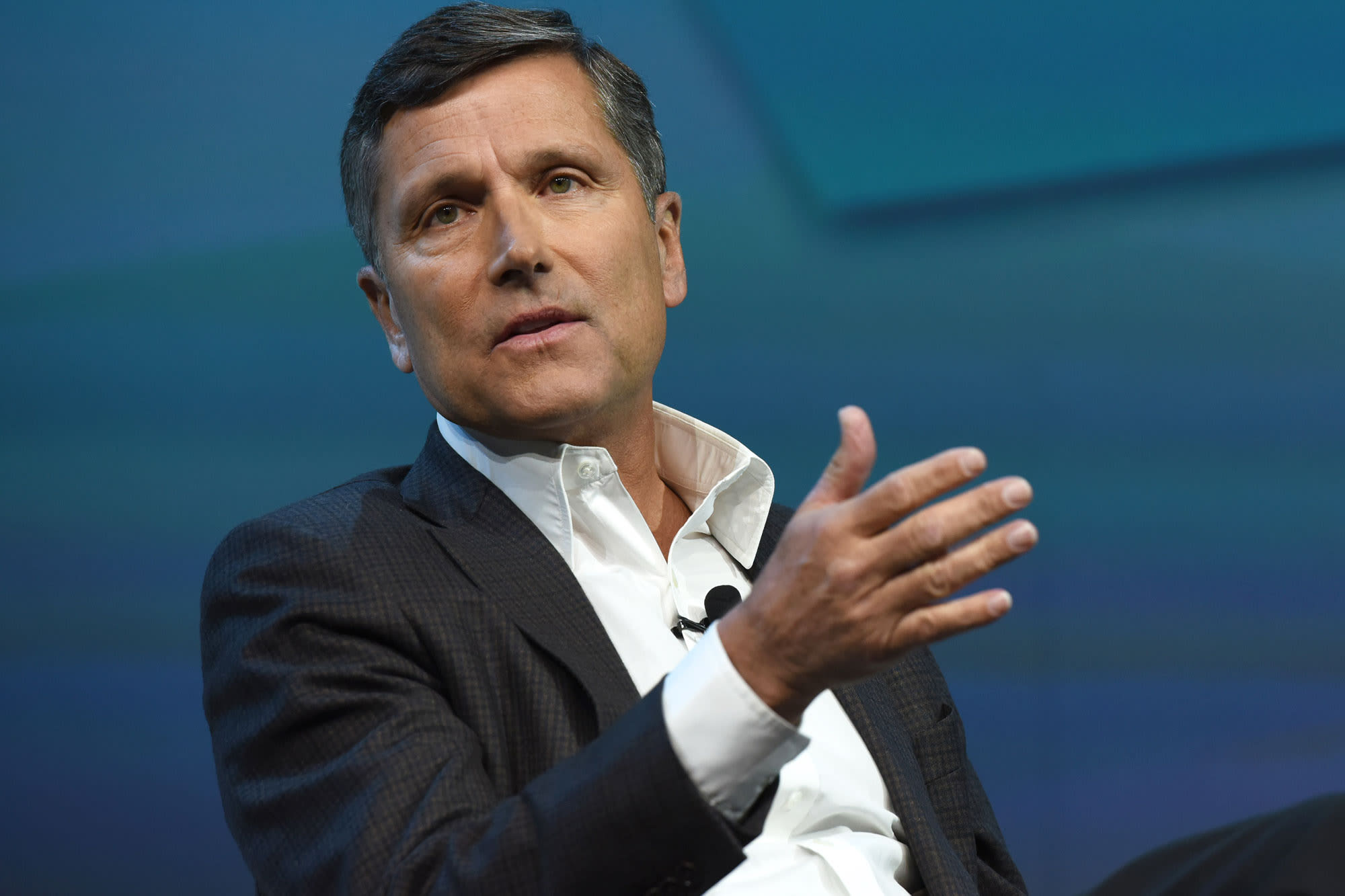
Stephen 'Steve' Burke, president and chief executive officer of NBCUniversal.
David Paul Morris | Bloomberg | Getty Images
The streaming wars -- the race to launch subscription video products -- has been driven by an underlying concept: the traditional pay-TV bundle is dying as millions of U.S. households cut the cord each year and shift their video consumption to services like Netflix.
This has been a hard pill to swallow for legacy media companies, which derive billions of dollars from traditional pay-TV. Yet, many of those same media companies are coming to grips with reality and beginning to disrupt their own business models, headlined by Disney's $6.99 Disney+ offering later this year.
That's not the case for Comcast's NBCUniversal (the parent company of CNBC and CNBC.com).
NBC doesn't want you to cut the cord. Maybe this isn't too surprising since its owner is the largest U.S. cable company. But it's unusual because it directly contradicts the disruption narrative. Instead of submissively accepting that the pay-TV world is ending, NBC is taking a stand and fighting back.
The proof is in the details of NBC's streaming service, coming in the spring of next year.
NBC's ad-supported streaming service will be free to all customers that pay for traditional live television -- whether through Comcast or any other provider, including virtual pay-tv bundles like Google's YouTube TV or AT&T's DirecTV Now, according to people familiar with the matter.
For those that have cut the cord, it will probably be about $10, said the people, who asked not to be named because the discussions on price are still ongoing.
CNBC has also learned that the free version of service for pay-tv subscribers will include live linear channels, same-season episodes and past-season episodes. Customers will be able to watch NBC programming anywhere, on any device, independent of their cable provider's footprint. NBC will have non-exclusive access to all of the programming it sells to Hulu for the streaming service, as part of the deal with Disney the two companies announced on Tuesday.
But the $10 version for cord-cutters won't include live linear channels and it won't include same-season shows. You'll get a bunch of re-runs, some of which will also be available on Hulu if you already subscribe to that service.
So what are you getting for $10 a month? Not much. And that's the point.
NBC expects its revenue from cord-cutters on its streaming service to be "completely immaterial," according to a person familiar with the matter. The company is actively trying to make its cord-cutting streaming service inferior to its pay-TV version. The service is primarily meant as a nice additional benefit for customers who already pay for cable or satellite TV.
NBC's decision isn't totally motivated by supporting Comcast's cable TV business. Now that Disney has full operational control of Hulu, Disney can bundle Hulu (or Hulu with Live TV) with Disney+ to make a compelling streaming offering that should further accelerate cord cutting. NBC is OK with this. Customers that cancel Comcast's TV service for, say, YouTube TV will still get NBC's streaming service for free.
NBC will certainly monitor the take rate of its streaming service among non pay-TV subscribers if cord-cutting dramatically accelerates. If necessary, it can move content on and off its service thanks to Tuesday's deal with Hulu, as well as the impending expiration of streaming rights deals for popular shows it owns, such as "The Office." And three years from now, when its deal with Hulu expires, there's an easy path for NBC to make its streaming service more compelling by making all its content exclusive to it.
But at launch next year, the NBC streaming service won't be a compelling addition for cord-cutters. And that's the point.
Disclosure: Comcast owns NBCUniversal, the parent company of CNBC and CNBC.com.
WATCH: Comcast will sell its Hulu stake to Disney, giving Disney full control
via IFTTT
No comments:
Post a Comment